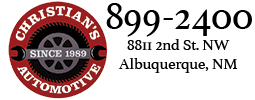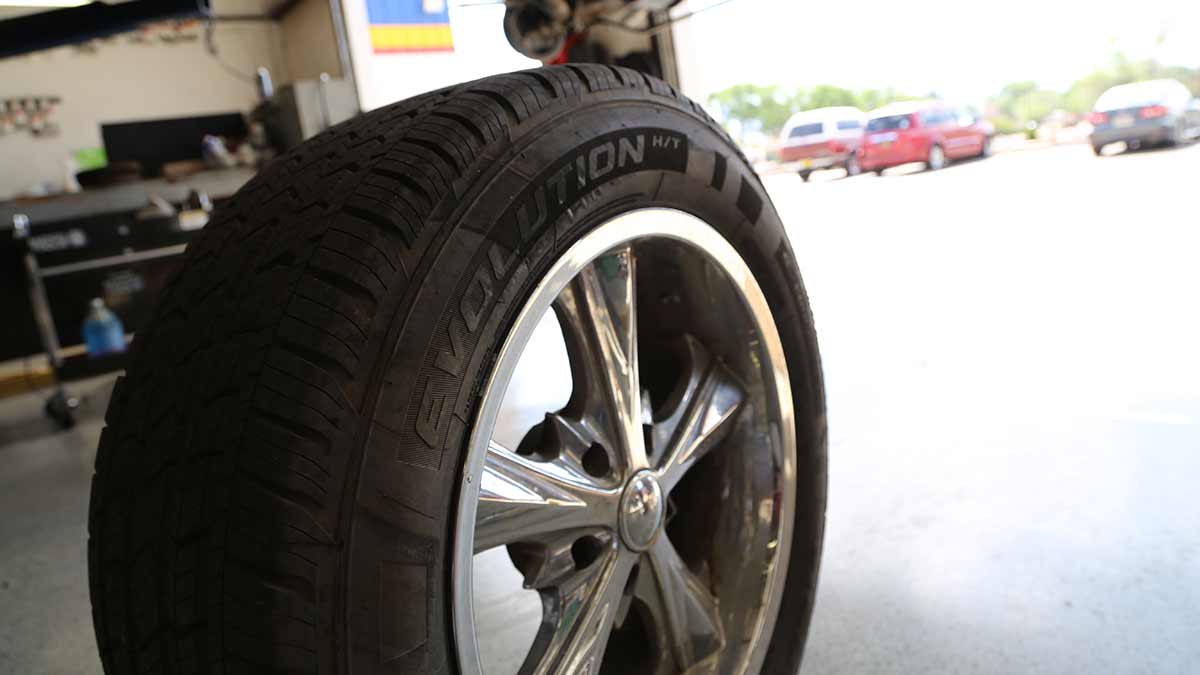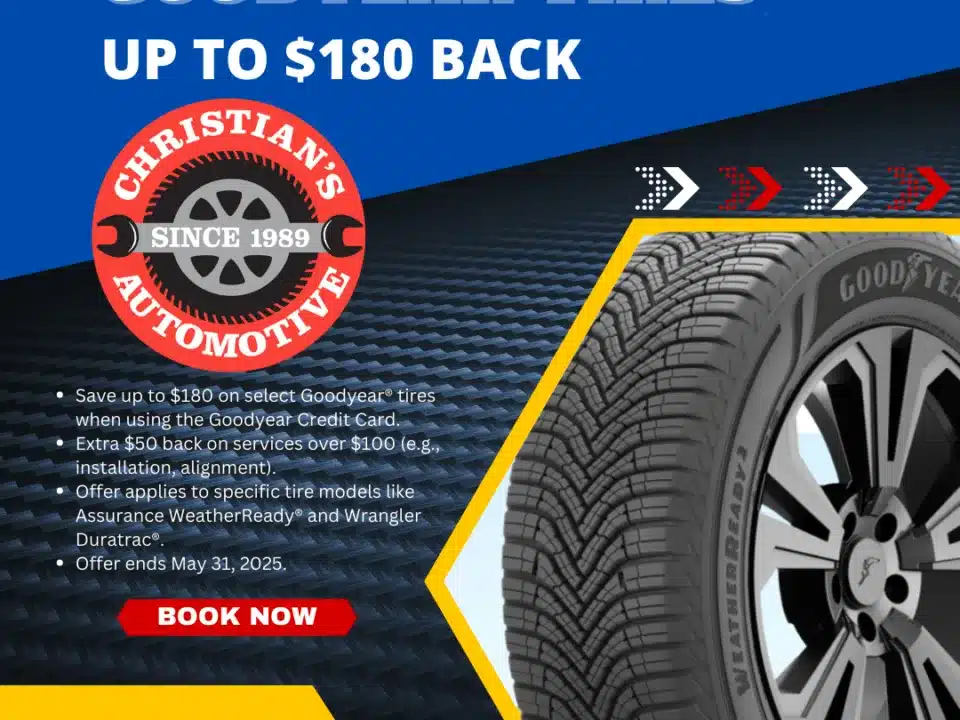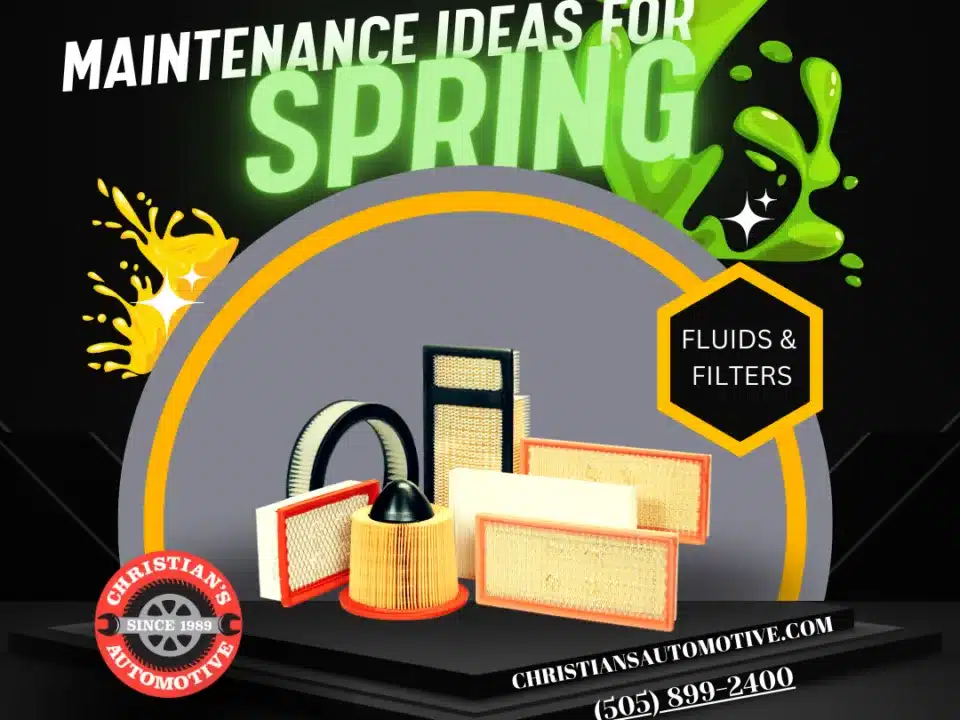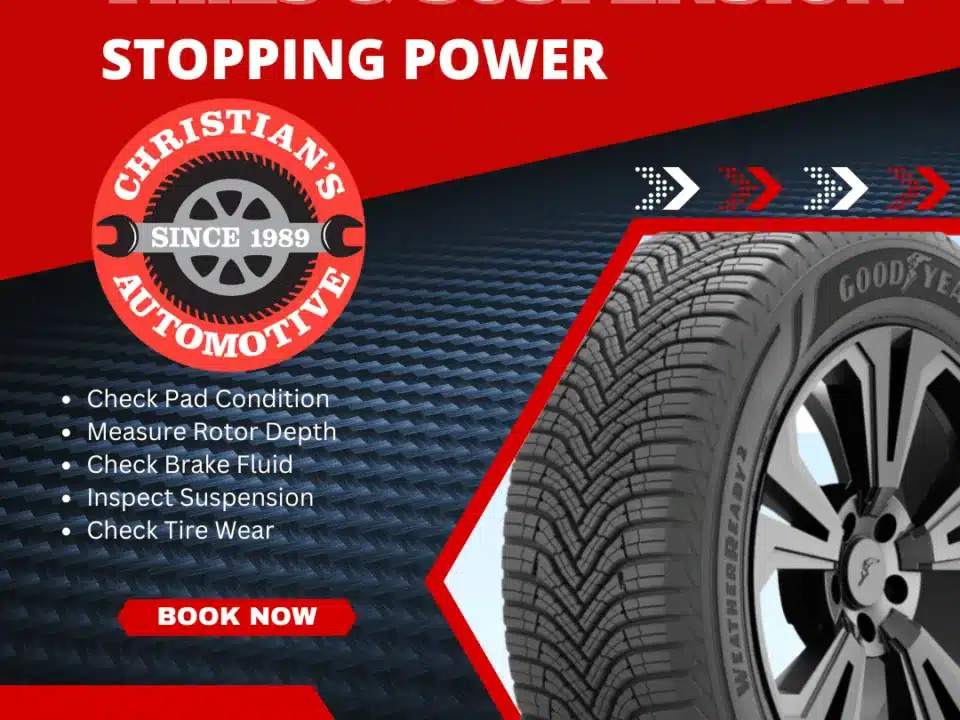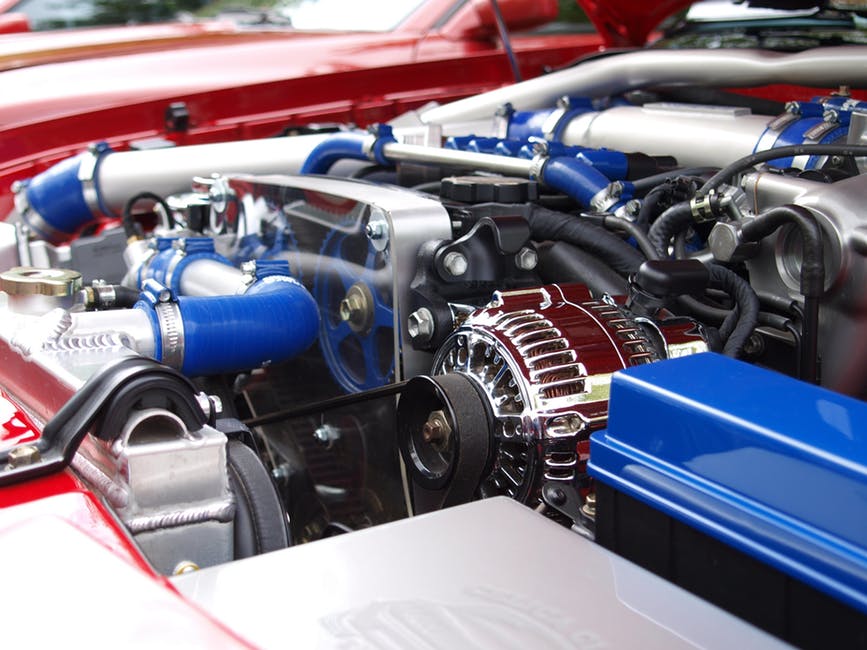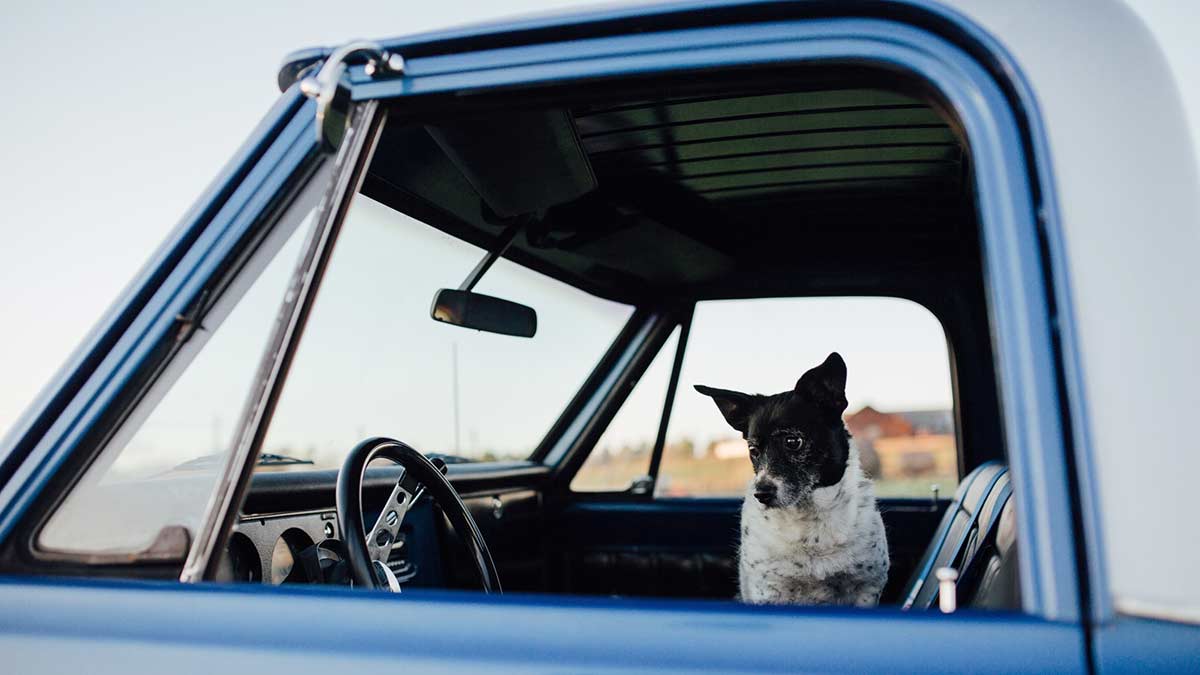Hello drivers! Let’s pretend you have three doughnuts right in front of you for our discussion of upsizing wheels and tires. Hey, don’t eat them now – you’re going to need them later.
Many drivers want to accessorize their car and make it theirs. One of the easiest ways to get a custom look is to get some custom wheels. There are thousands of wheel designs out there to get you the look you want. And for many, that look includes bigger wheels. It used to be that vehicles came from the factory with 15 or 16 inch wheels. Now 16, 17 and even 18 inchers are standard. And the factories are offering optional wheel packages up to 20 inches or more.
So let’s talk about what drivers should consider when they want to upsize their wheels. It’s not exactly a do it yourself project, so you need to know a thing or two before you get started. The most important term to know is rolling diameter. The rolling diameter is simply the overall height of your tire. Unless you want to modify your suspension, you’ll want to keep your rolling diameter the same when you upsize your wheels in Albuquerque.
Let’s think about those three golden doughnuts in front of you. They’re all about the same size. So if we pretend they’re tires, they would have the same rolling diameter. The doughnut hole is the size of the wheel. Now pretend we’ve made the hole bigger on some. That’s like having a bigger wheel – but the rolling diameter is the same.
It’s important to keep the rolling diameter the same for several reasons. First of all, if the tire is bigger, it might not fit in the wheel well. Next the speedometer, odometer and anti-lock brake system are all calibrated for the factory rolling diameter. In order for your anti-lock brakes to work properly, the rolling diameter must stay within 3% of the factory recommendation. If you ignore that, you run the risk that your anti-lock brakes won’t work properly. Some vehicles today have electronically controlled suspension that will be negatively affected by changing the rolling diameter.
Let’s think about the doughnuts again. You see, as the size of the wheel gets bigger, the sidewall gets shorter. The tire holds less air, so the sidewalls are made stiffer to compensate. Low profile tires from top manufacturers use special compounds that give the sidewall the strength it needs without compromising ride quality. As you increase your wheel size, you’ll typically get a slightly wider tire. This means that you have a larger contact patch. The contact patch is part of the tire that contacts the road. Because there’s more rubber on the road, the vehicle will handle better. And braking distances will be shorter. A lot of drivers with trucks or SUV’s love the extra control.
You do have to watch out that the contact patch isn’t so big that the tires rub in turns or over bumps. What we’re talking about here is fitment. Your friendly and knowledgeable service advisor at Christian’s Automotive can help you get this right. He’ll install your new wheels, add spacers if needed to make sure your brakes fit inside your new wheels and get you rolling.
Give us a call.
Christian’s Automotive
